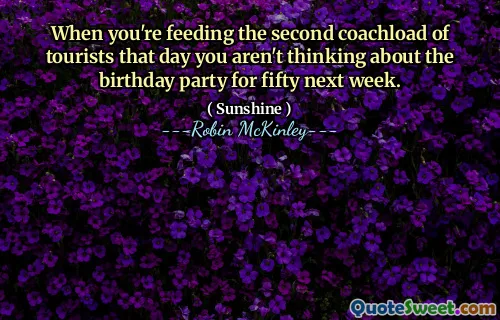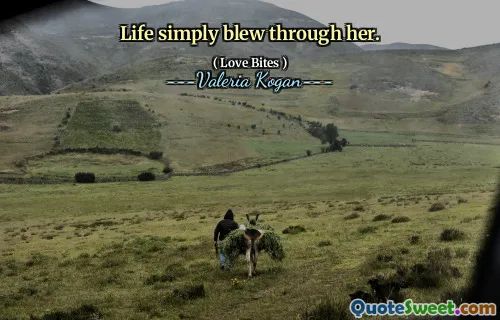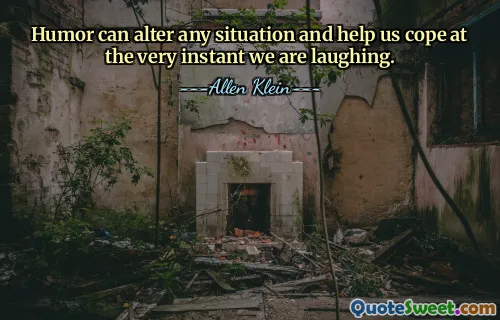I don't forgive him," I said."Hell, no, you don't. And why should you? So he can feel better? Get on with his life? And what's he done to help you get on with yours?
In Kelley Armstrong's "Frostbitten," a character expresses deep resentment towards someone who has wronged them, emphasizing the lack of forgiveness they feel. The dialogue highlights the emotional conflict surrounding forgiveness, suggesting that it may primarily benefit the one who committed the offense rather than the one who was hurt. The person confronting the idea of forgiveness feels justified in their anger, questioning what the other party has done to help alleviate their own pain and suffering. This exchange illustrates the struggle individuals face when deciding whether to forgive someone who has caused them harm. The sentiment resonates with those who believe that forgiveness can often feel like a one-sided act, benefiting the wrongdoer at the expense of the victim’s emotional well-being. It challenges the notion that forgiving is always the right path, prompting reflection on the complexities of healing and the significance of personal boundaries.
In Kelley Armstrong's "Frostbitten," a character expresses deep resentment towards someone who has wronged them, emphasizing the lack of forgiveness they feel. The dialogue highlights the emotional conflict surrounding forgiveness, suggesting that it may primarily benefit the one who committed the offense rather than the one who was hurt.
This exchange illustrates the struggle individuals face when deciding whether to forgive someone who has caused them harm. The sentiment resonates with those who believe that forgiveness can often feel like a one-sided act, benefiting the wrongdoer at the expense of the victim’s emotional well-being.


